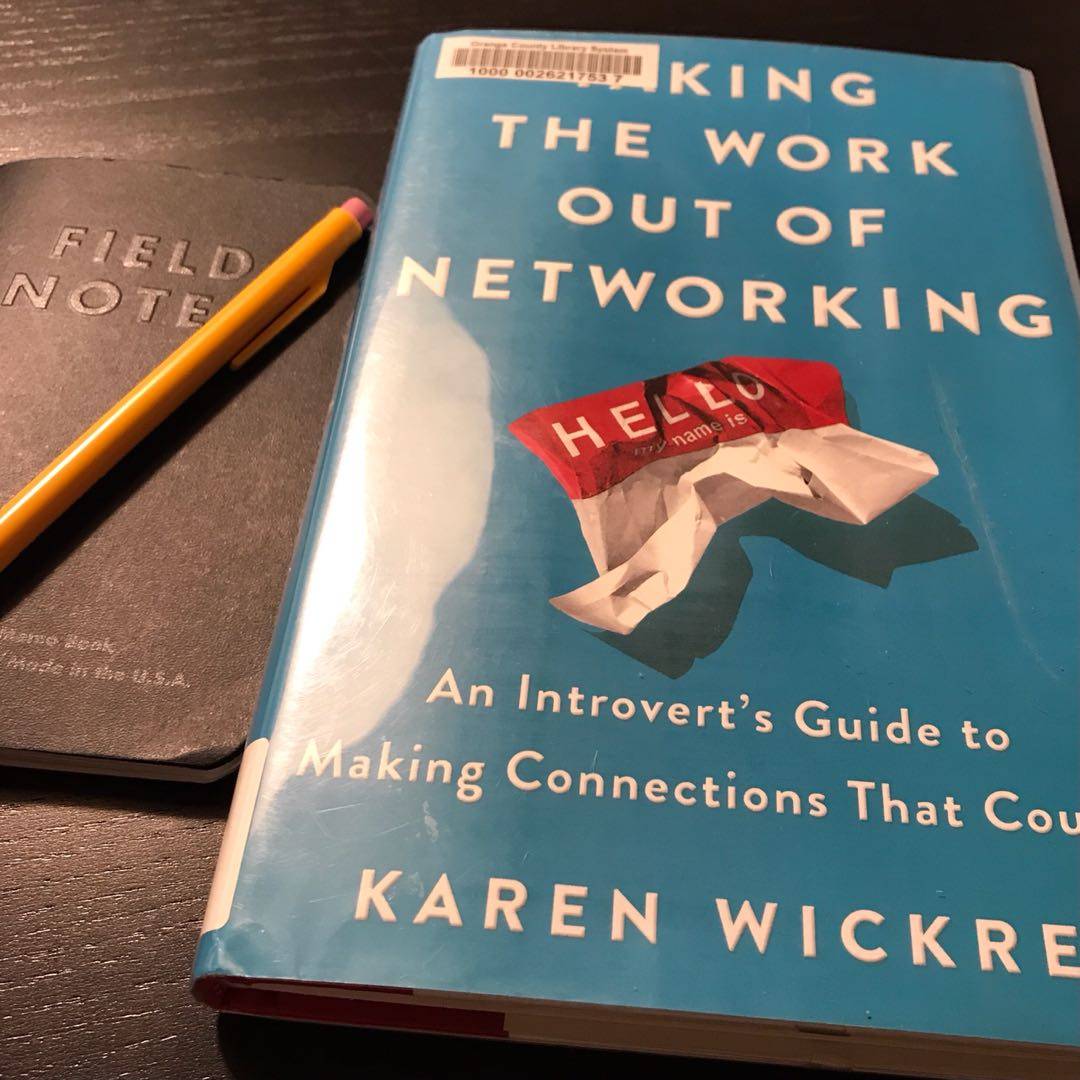
Taking notes for my future job search in 2021. #nonfiction
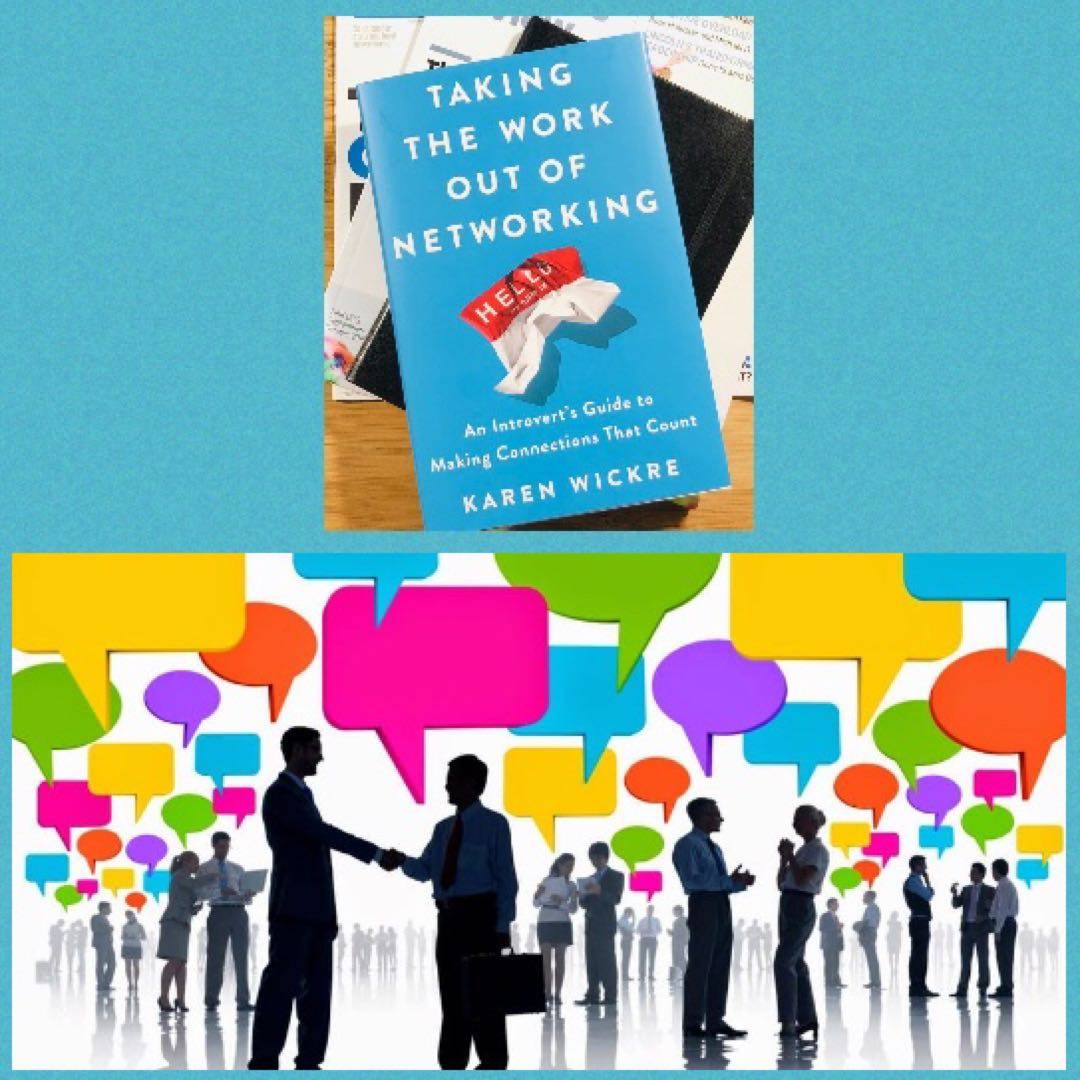
Overall, a helpful resource. I like how she acknowledges that all introverts aren‘t shy, and that most people dislike the idea of networking, introverts or not. She provides helpful information on changing your thinking about what networking is, how to talk to strangers at events, how to leverage social media, and what questions to ask a contact about a company or job you‘re interested in. Useful, practical, and doable.
#introverts #networking
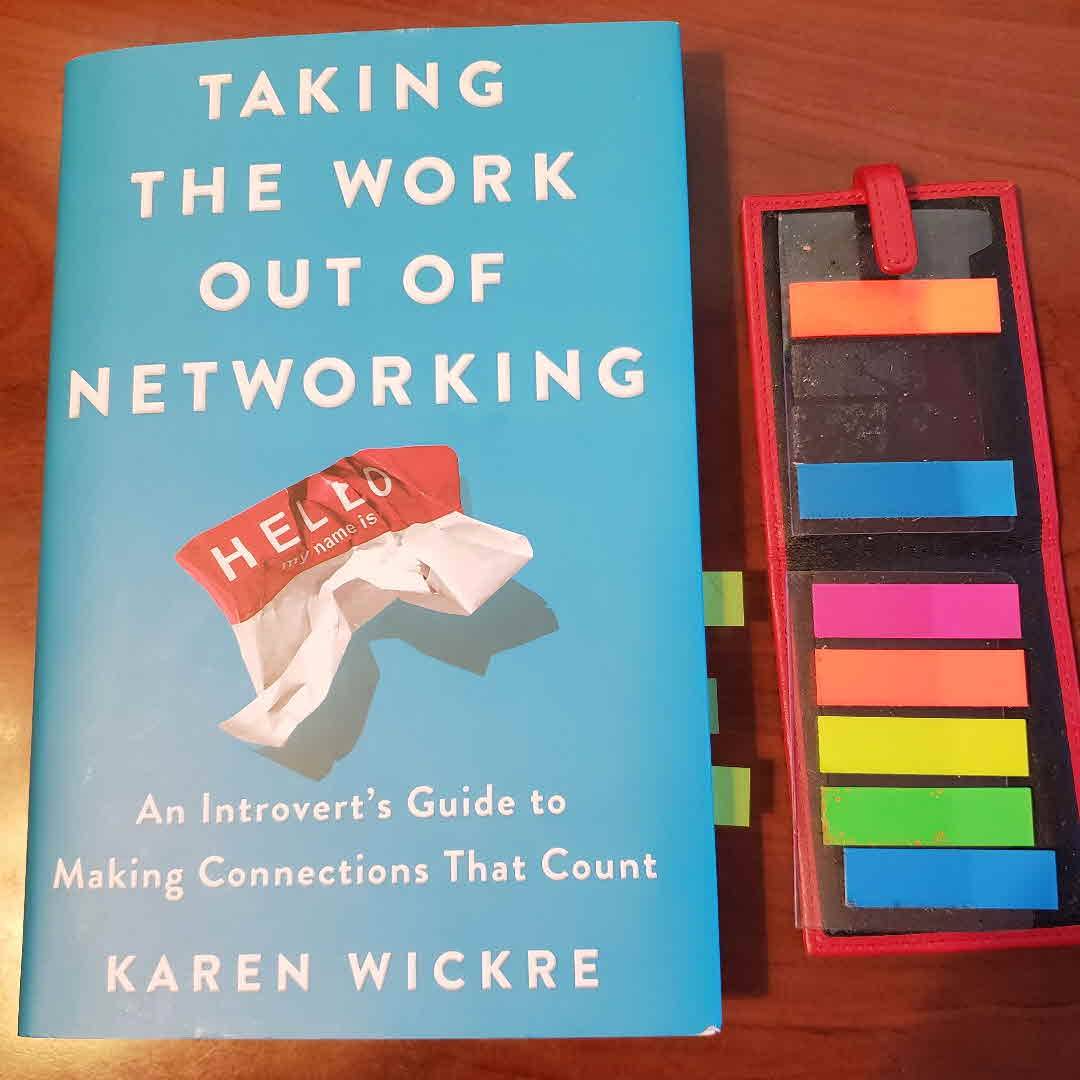
Well, this is unfortunate. Let's work on this, sisters!
In a 2014 report, The Atlantic cited a study from HP . . . which found that their women employees applied for a promotion "only when they believed they met 100 percent of the qualifications listed for the job. Men were happy to apply when they thought they could meet 60 percent of the job requirements." [p 179]
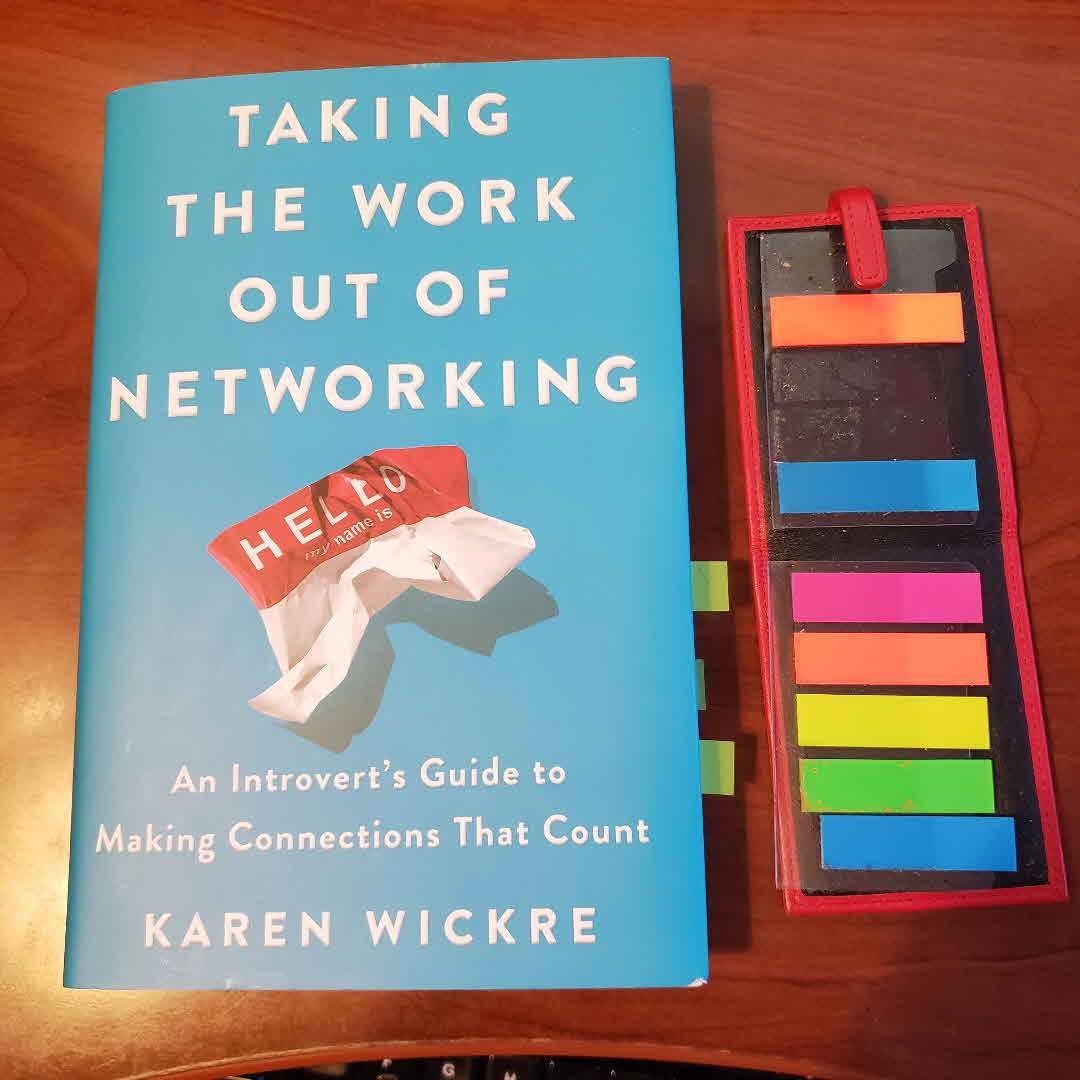
When I asked her how to answer people who are cautious about exposing parts of their lives, Ann counseled, ". . . think of personalizing your brand, not getting personal. The former means showing that you're a real human being. You have a point of view, real character, a personality. The latter is sharing details that are intimate or too specific to you to have relevance for the larger community." (continued in comment)
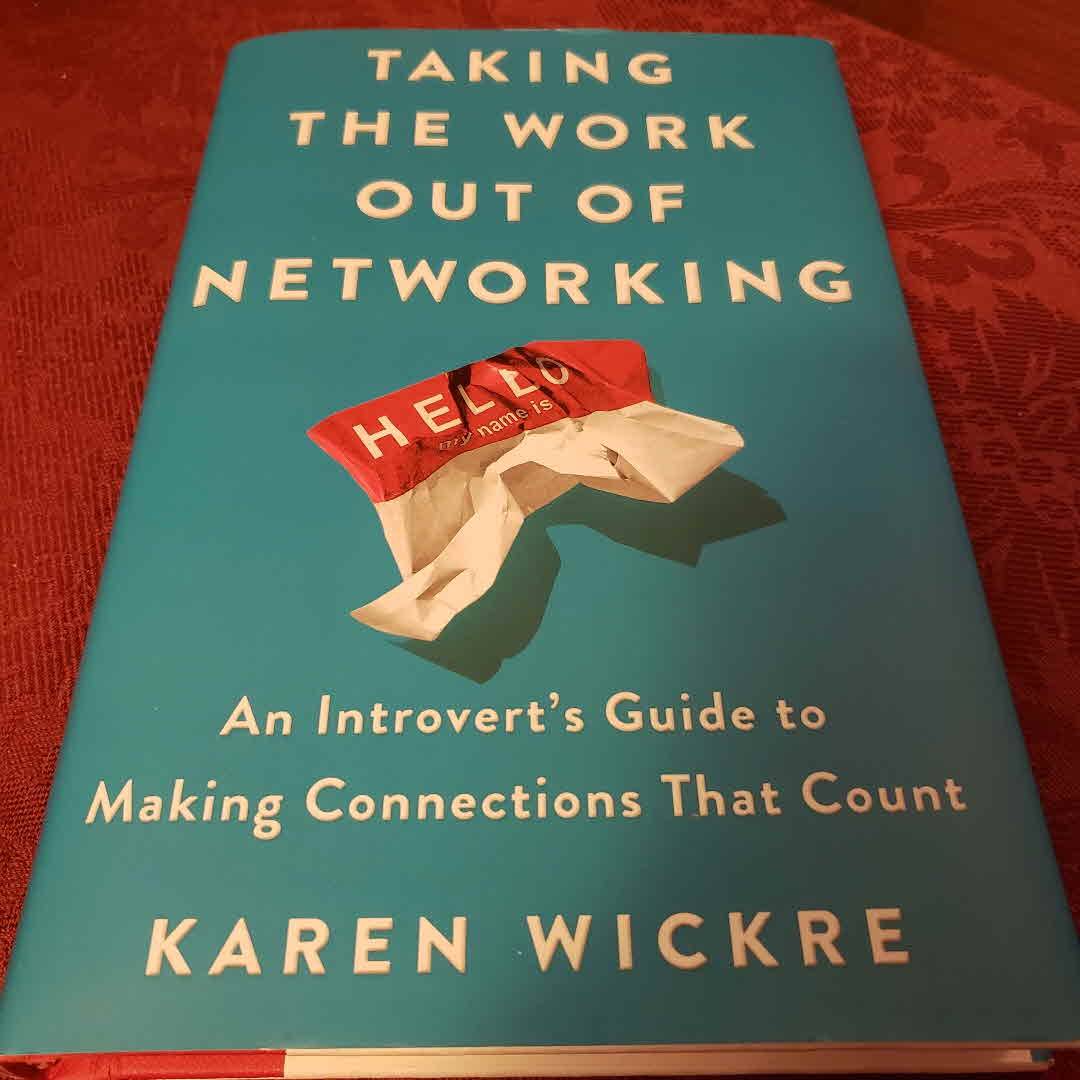
People assume that we introverts are lousy networkers; but some of our skills/qualities actually benefit the networking process. This book brings that to light in an encouraging way.
I especially appreciated the specific language suggestions when approaching various connection goals.
I won't likely use all of the specific social media platform advice offered.
Soon after I started the borrowed audiobook, I ordered a hardcover copy to keep.